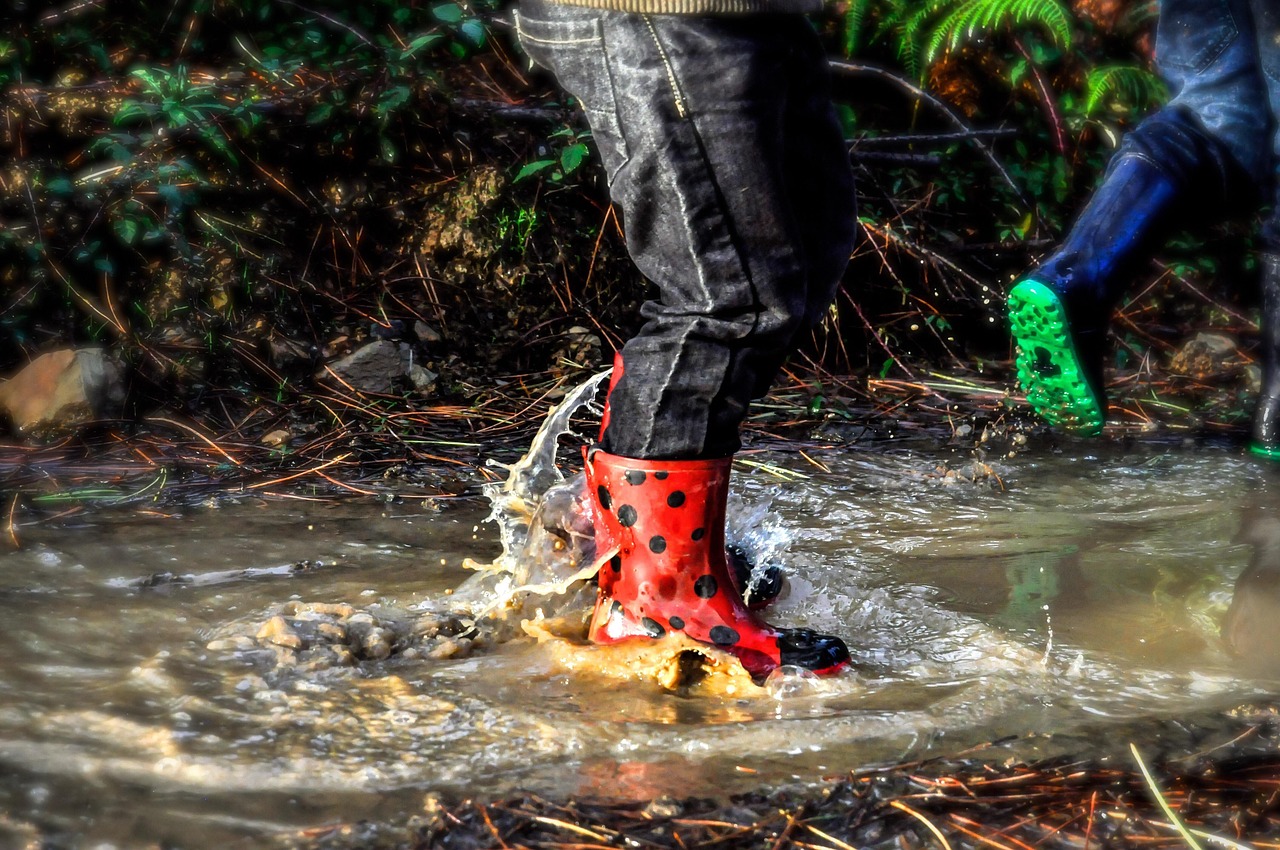Time to Talk Day is the day to get us all talking about mental health. This years’ time to talk day on 4 February may be different, but during the pandemic talking about mental health is more important than ever.
The more conversations we have about mental health the more barriers we can break down and the closer we’ll come to ending mental health stigma and discrimination.
This year’s focus of time to talk day is the power of small, because however you have a conversation about mental health, whether it’s a quick message to a colleague, a virtual cuppa, or a socially distanced walk and talk, it has the power to make a big difference.
A small conversation about mental health has the power to make a big difference.
Mental health problems affect one in four of us, yet many people can feel isolated, ashamed and worthless because of this. Time to Talk Day encourages everyone to be more open about mental health, to talk, to listen, to improve lives. Every conversation brings us a step closer to ending the feelings that too many of us experience. Poor mental health can affect anyone, of any age, gender or background.
Starting a conversation with someone around their or your own mental health can feel uncomfortable. You may be worried that you will say the wrong thing but remember saying nothing is far worse. You may have concerns about how others are coping with the current situation.
Here are some tips on helping others:
- Ask others how they are feeling.
- Ask someone twice how they are feeling, this will give them the opportunity to be honest and to realise that you genuinely want to know.
- Listen and don’t judge, it’s great that people are happy to talk to you about how they are feeling, so ensure you really listen to them.
- Ask how long they have felt this way.
- Ask if there is anything you can do to help.
- Ask what support they need. Provide them with details of professional organisations, who may be able to help.
- Treat them in the same way, don’t change the way you act towards someone once you are aware of their poor mental health.
- Little gestures can have a big impact, this may be just having a virtual cuppa or watching a film together.
With the majority of children not currently going to school, they may be missing their friends and struggling with home schooling. Like adults, children will respond to this situation in different ways, such as being more clingy, anxious, withdrawn or angry. Try to respond to your child’s reactions in a supportive way, listen to their concerns and give them extra care and attention. Remember to listen to your children and re-assure them. For more details on supporting children click here.
Time to Talk day isn’t just about helping others, it’s also about thinking about your own wellbeing.
Here are some tips on helping yourself:
- Think about your purpose: be clear about why you are doing this job.
- Be clear on expectations: make sure you know what is expected of you and whether it is realistic.
- Keep your boundaries: establish clear boundaries between work and personal life, don’t take work home with you.
- Talk to colleagues: make time to talk to your colleagues about your experiences and share fears and concerns.
- Value your own family and relationships: while work is important, your family and relationships need to be valued.
- Keep active: regular exercise can boost your self-esteem, can help you concentrate, relax and increase your overall wellbeing. This can be as simple as a regular walk, being outside in nature can also help improve your mental health.
- Get plenty of sleep: sleep helps regulate the chemicals in our brain that transmit information. These chemicals are important in managing our moods and emotions and an imbalance in those chemicals can result in us becoming depressed or anxious.
- Eat well: nutrition is now more important than ever, having a balanced diet helps to ensure we have the correct nutrients.
- Avoid alcohol: The numbing effects of drinking are only temporary and can often lead to mental health issues. Alcohol can also damage the immune system. Try to adopt positive coping strategies such as talking, going for a walk or listening to music instead. If you do drink, try to stay within the recommended unit guidelines.
- Keep in touch: it’s good for you to catch up with friends and family on a video call or over the phone.
- Take a break: a change of scenery or pace is good for you. Make sure you take time to relax and re-charge.
- Do something you’re good at: doing something you enjoy and you are good at can give you the ‘feel good’ boost that everyone needs. Enjoying yourself can help beat stress.
- Care for others: supporting others uplifts you as well as them.
- Ask for help: sometimes you need help from others, so don’t be afraid to ask for help, from a family member or friend, your GP or a professional organisation, see the list at the end of this guide for more details.
- Get the best out of the ‘new normal’: it may be hard but we all still need to live in the best way we can during these unusual times. This may be creating your own routine of things you enjoy doing, running, cycling, binging on Netflix, helping others in the community or learning a new skill, it doesn’t really matter what it is as long as you feel like you are achieving something and spending time looking after your own physical and mental wellbeing.
Mental health conversations have the power to make a big difference, but sometimes these conversations can bring up some difficult things that people may not have spoken about before. This might mean that they need some support. If you feel a loved one, colleague or yourself need additional support, contact a GP, a counselling professional or one of the organisations listed below:


